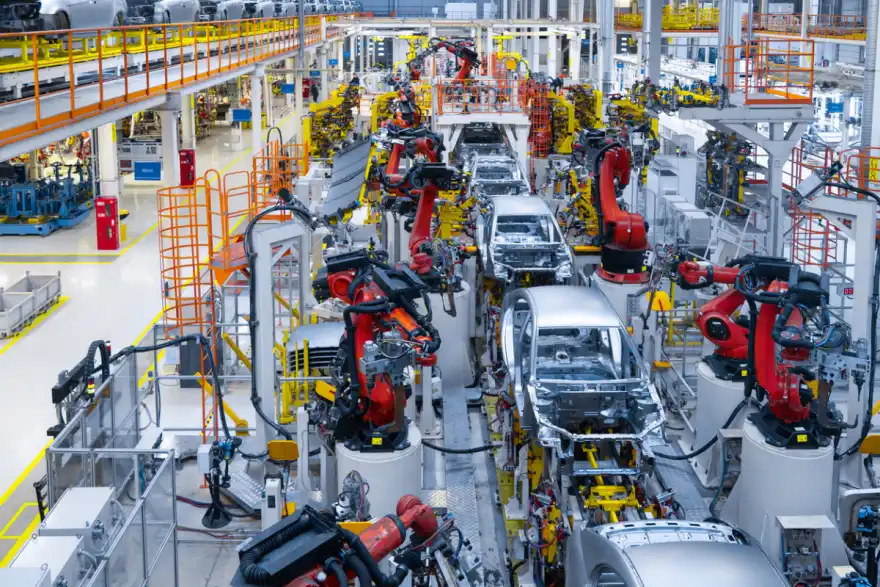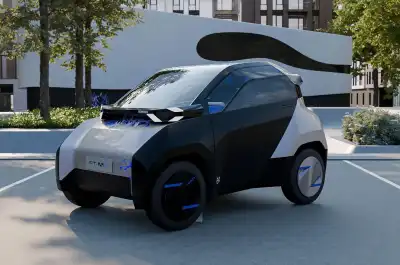
Donald Trump just dropped a major shake-up in the car world—starting April 2, the US is slapping a massive 25% tariff on imported vehicles and car parts. The idea? To push more investment into American-made cars.
But this is a huge deal because nearly half of the cars sold in the US last year were imported. That means not only will car manufacturers feel the heat, but so will buyers facing potential price hikes.
Who’s Getting Hit the Hardest?
It’s not just foreign-made cars taking a hit—this also applies to key components like engines and electrical parts, affecting American brands that rely on overseas production. Even Ford, which builds some of its vehicles outside the US, won’t escape the impact.
To put it into perspective, the US imported about eight million cars in 2024, with a total trade value of $240 billion (£186 billion). When you factor in vehicle parts and engines, that figure jumps to a massive $474 billion (£365 billion).
The Biggest Losers
The countries feeling the brunt of this move? Mexico, Japan, and South Korea.
- Mexico: The US imported a whopping $214 billion in passenger vehicles from its southern neighbor in 2024, plus another $192 billion in parts.
- Japan: Contributed $39.9 billion in vehicles and $14.5 billion in parts.
- South Korea: Shipped $49.4 billion worth of cars and parts.
- Canada & Germany: Also high on the list, exporting $46.8 billion and $35.5 billion, respectively.
Mexico is in a particularly tough spot—nearly 2.8 million light vehicles came from there alone last year, including American brands like Ford and GM, which manufacture south of the border for US sales.
The UK’s Problem
The UK won’t get off easy either. Cars are the UK’s top export to the US, worth £8.3 billion ($9.7 billion) last year. Big brands like Aston Martin and MINI rely on American buyers, and the tariffs will make their cars more expensive.
Which Brands Are in Trouble?
The brands sweating the most? Jaguar Land Rover (JLR). The US is its biggest market, and 100% of JLR’s cars sold there are imported. That means every single sale will be affected.
Other brands that rely heavily on imports, like Volvo, Mazda, Volkswagen, and Mercedes-Benz, will also take a hit.
The Winners?
US-made brands like Tesla might come out on top since they manufacture cars locally. But even Tesla and Ford import parts from China, Mexico, and elsewhere, so their costs could rise too.
Speaking of China, it was one of the top exporters of car parts to the US last year, sending $14.7 billion worth of components, just behind Mexico and Canada.
If you’re in the market for a new car, this tariff could mean higher prices and fewer choices—especially for foreign-made cars. And if you work in the auto industry? Expect some major shakeups.




